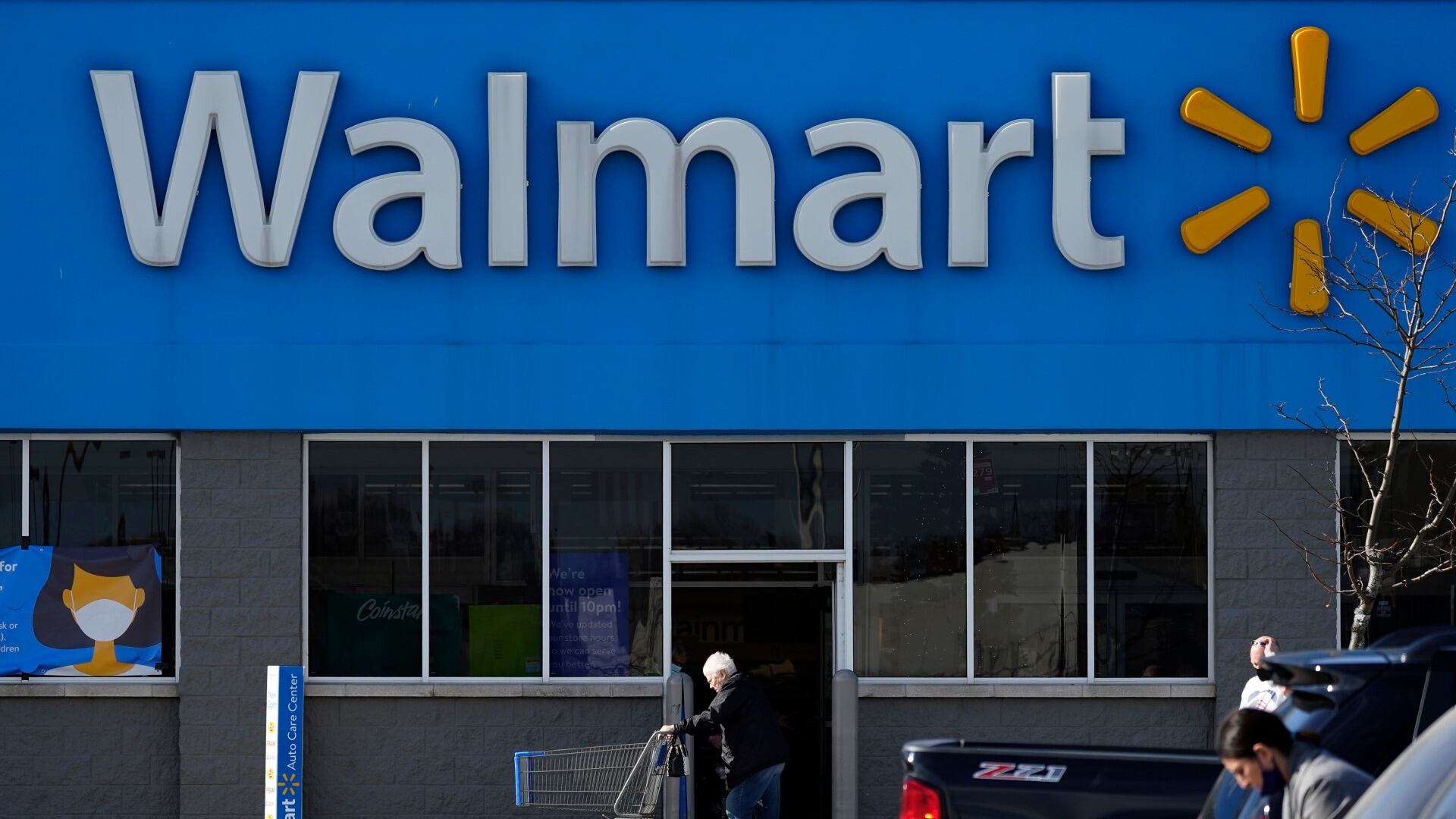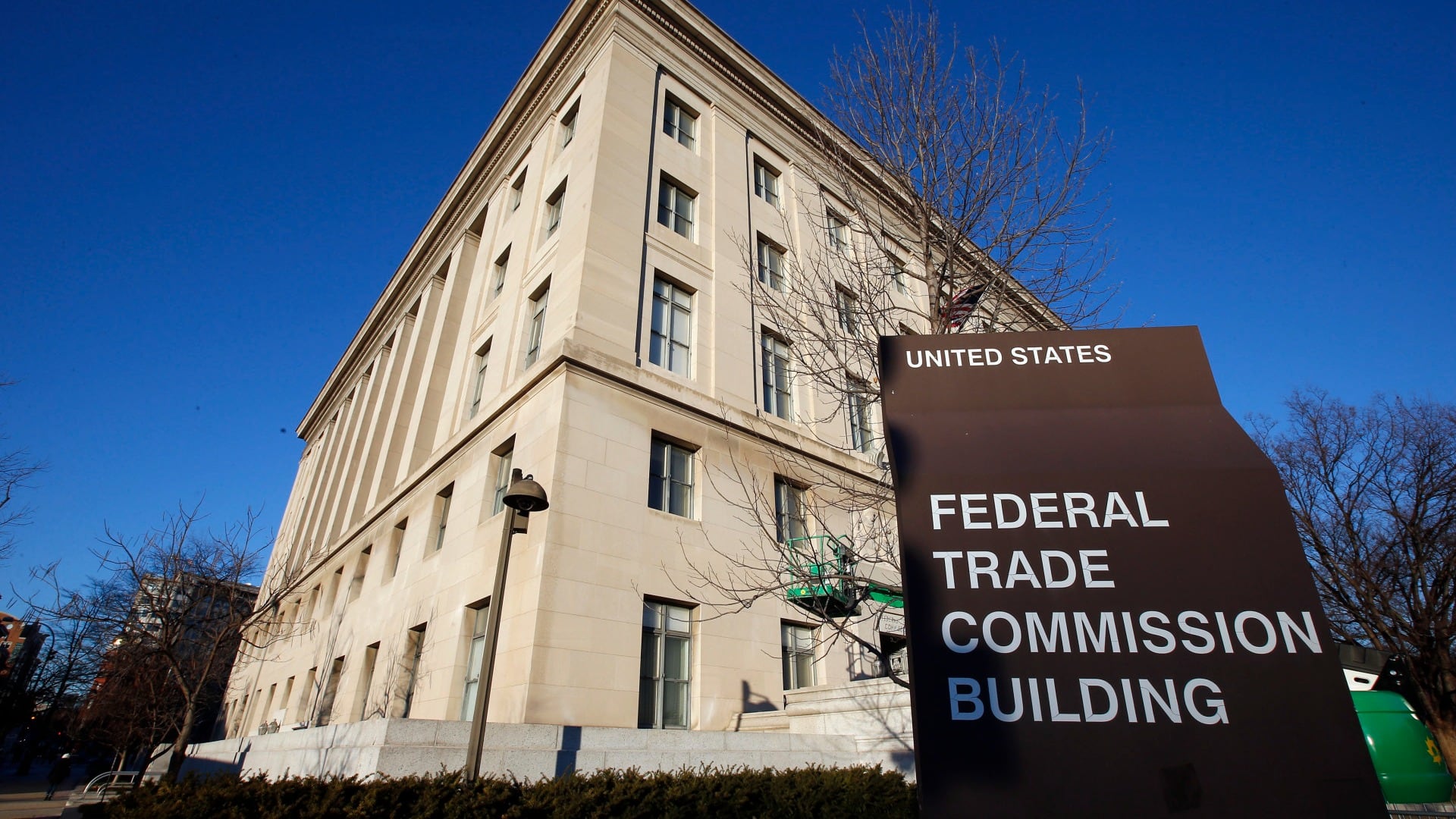*By Tanaya Macheel* JPMorgan Chase is bringing Sapphire to banking, betting it can change affluent millennial customers’ perception of the industry the same way it won them over with its credit cards. “We’ve built a loyal following of customers through our Sapphire brand and are excited to extend that relationship to banking, not just through access to events and experiences that our customers love, but perks on everyday banking and investing,” a bank spokeswoman told Cheddar. Next Monday, the largest U.S. bank by assets will launch Sapphire Banking without ATM or foreign exchange fees, unlimited free trades on the stock and ETF trading app it announced Tuesday (and will also launch on Monday), and access to “special experiences” that helped make the Sapphire Reserve and Preferred credit cards such a success, like access to sports and entertainment hospitality lounges and early ticket sales and special seating for sports and entertainment events. Chase unveiled the Sapphire Reserve card in 2016, when anti-bank sentiment among the under-40 crowd was at its peak. At the time, seemingly no one in the industry thought the demographic wanted credit cards. The belief was that the generation, saddled with student debt and having felt the effects of the financial crisis on their families, was pretty strictly anti-debt. But Sapphire proved that theory wrong, beginning an arms race among competitors including Citi and AmEx to improve their own rewards offerings. On top of that, in second quarter earnings reports Chase and Citi both reported increased spending on credit cards but declines in revenue, indicating that consumers love their cards but are keeping balances lower or paying them off faster, which isn’t good for the banks. Whether or not the incentives are enough to make people switch their bank account providers to Chase remains to be seen, but the bigger concern for the company is whether or not it [can bring deposits back](https://cheddar.com/videos/jpmorgan-to-unveil-new-investing-app) into the bank. Customers rarely “switch” checking account providers but instead open multiple accounts. Today, however, banks aren’t competing against other banks for those deposits ー they’re competing against fintech firms, retailers, and anyone else with a mobile wallet. For example, there are $2 billion in customer deposits sitting idly in Venmo accounts and another $2 billion in customers’ Starbucks apps — not to mention Amazon Prime Reload, PayPal, Robinhood, Acorns, and, increasingly, Coinbase. Next week, existing customers with Chase Premier Platinum accounts, which require a minimum balance of $75,000, will be automatically upgraded. Those holding less in deposits can still sign up for the account for a $25 monthly fee — that’s $300 annually, which is $150 less than the charge on the Sapphire Reserve card. Consider it the Prime Effect coming to banking. Chase is betting that affluent millennials will be willing to pay upfront if they’re assured that, in return, they’ll get value that will continue to build as Chase adds more services, effectively becoming a lifestyle membership rather than a purely financial one.












